
VIRGIN AUSTRALIA: IPO—What it means for travellers now the airline’s public again
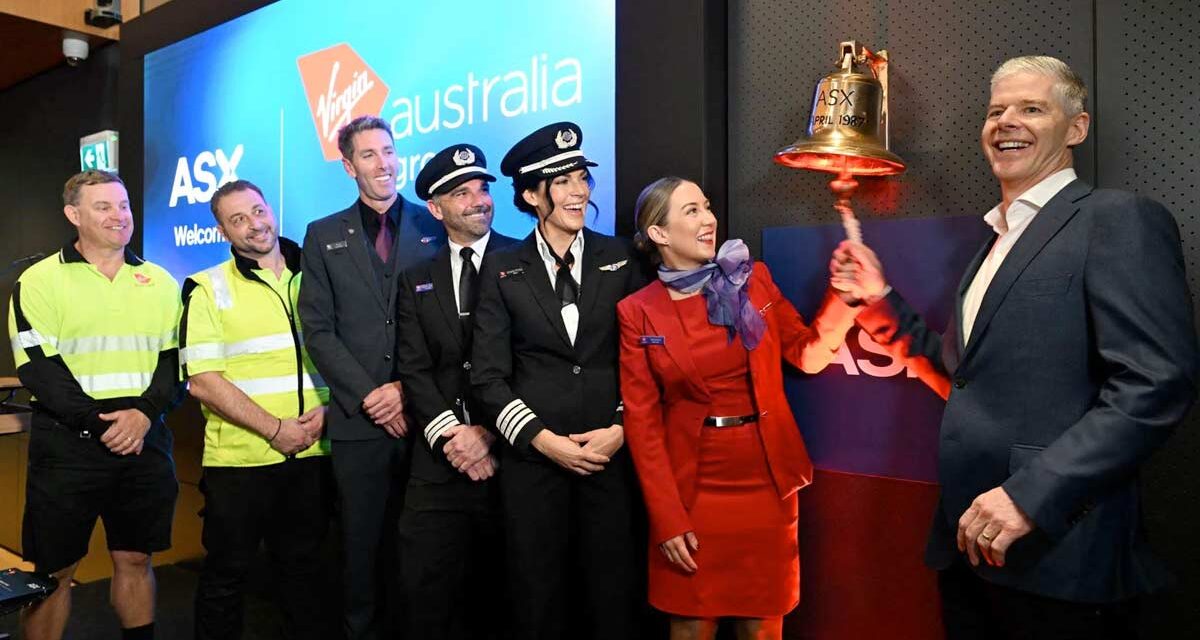
Virgin Australia is officially back on the Australian Stock Exchange (ASX). After five years in the private-equity hangar under Bain Capital, the airline took off on the stock market runway on 24 June 2025, in one of the year’s most anticipated floats. But while the headlines were full of share prices and ownership percentages, what really matters to most of us is this: what does it mean for passengers?
Oversight
I’m sorry I haven’t recorded this earlier, but being overseas on a review trip left my local news focus distracted. It wasn’t until yesterday when I bought some shares in the new listing (as is my practice with Australian aviation companies) that I realised I hadn’t marked the return to the ASX of Virgin Australia Holdings on the blog.
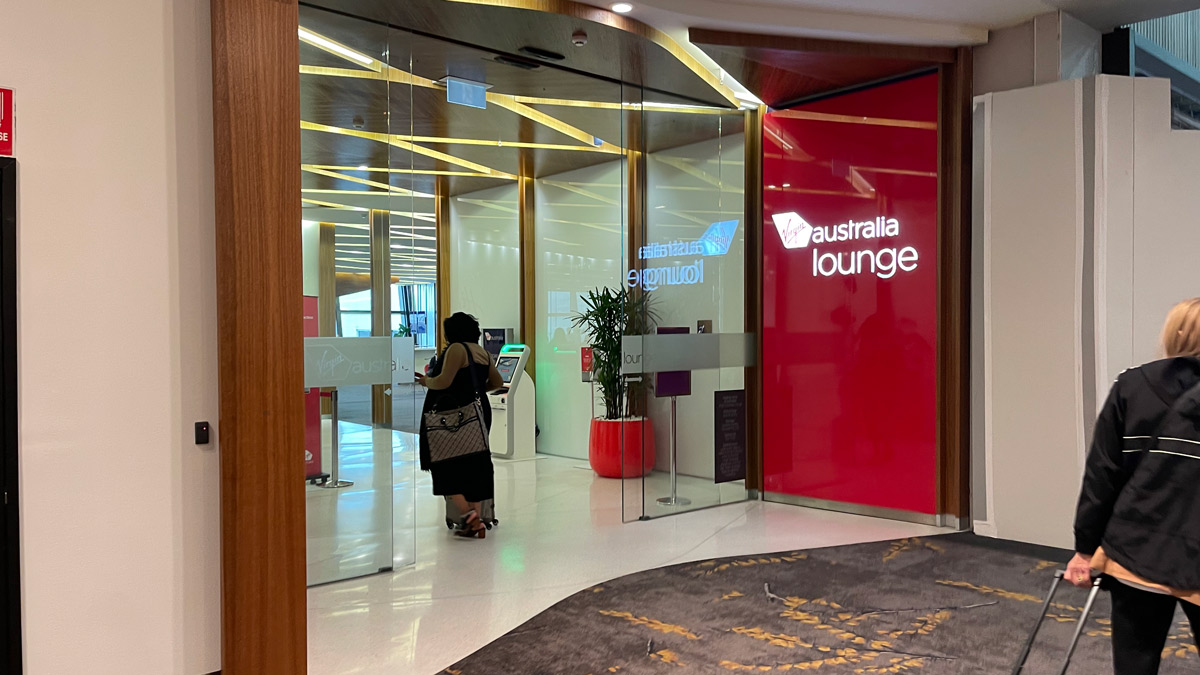
Questions for the future
Will fares fall? Will the Velocity frequent flyer program be turbocharged – or quietly hollowed out? Will your favourite route stick around, or be scrapped in the name of profitability? Let’s look at what Virgin’s IPO could mean for the travelling public.
From Bain to Boardroom: A Quick Recap
Back in 2020, Virgin was on its knees – grounded by COVID, overloaded with debt, and directionless after trying to be both Qantas and Jetstar at once. Enter Bain Capital, who bought the airline out of voluntary administration, ditched long-haul flights, retired the costly 777s and axed Tigerair, simplifying Virgin’s fleet and shrinking its ambitions.
Fast forward five years, and Bain has sold about a third of its stake in the airline, raising roughly $685 million in the IPO, and thereby tripling its investment.
Qatar Airways remains a significant shareholder, and Richard Branson’s Virgin Group retains a small stake. But Virgin is now once again accountable to the stock market – and by extension, to its customers and shareholders alike.
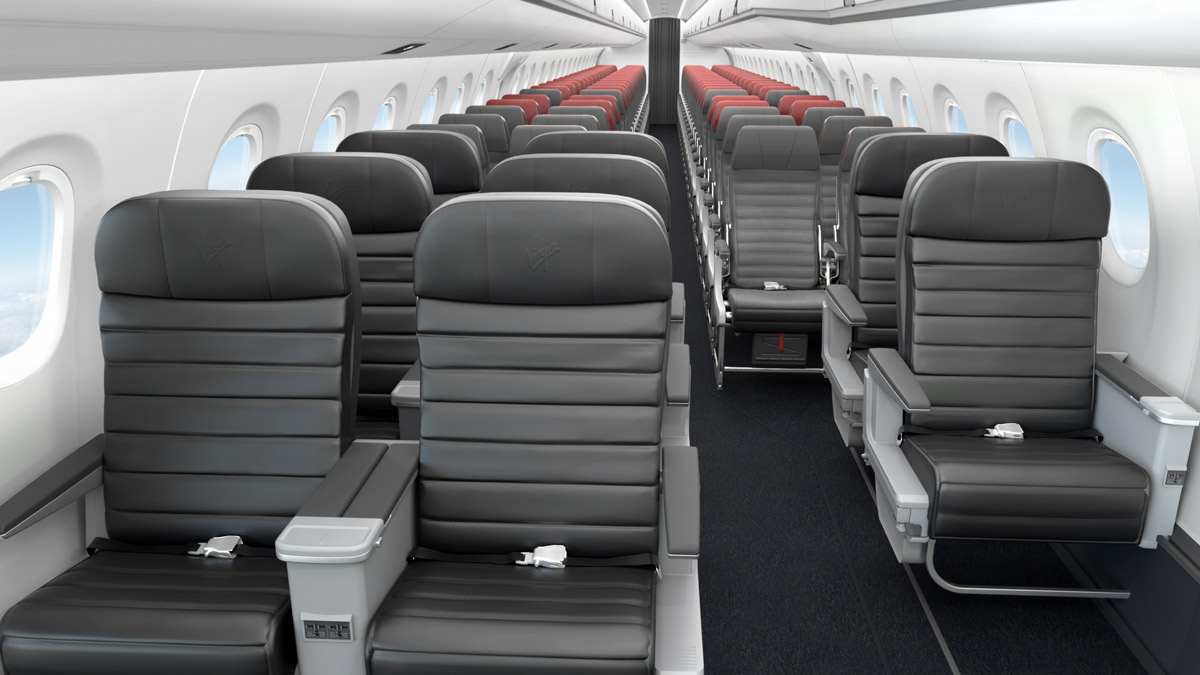
Growth measured, not maverick
Virgin Australia is talking growth, but cautiously. There’s no plan to dive headfirst back into its own long-haul flying. Expect it to stick to its wet-lease deal with part-owner Qatar Airways. Also expect to see steady expansion on profitable domestic and short-haul international routes, like Bali, Fiji and New Zealand.
For international long-haul, besides its deal with Qatar Airways, expect it to deepen its partnerships with United, Singapore Airlines and others. That means you’ll still be able to book flights to Europe or the US using a Virgin flight number – but it’ll be someone else’s aircraft doing the heavy lifting.
The airline’s strategy is clearly about profit over pride. Don’t expect a return to the sprawling, unsustainable Virgin of the pre-pandemic years.
You can also forget about another domestic capacity war with Qantas. Once bitten, twice shy. That’s good news for financial stability – and hopefully, service consistency.
![Virgin Australia Lounge entry, Adelaide [Schuetz/2PAXfly]](https://www.2paxfly.com/wp-content/uploads/2023/03/VA-Virgin-Australia-Adelaide-2023-IMG_1427-1200x675.jpg)
Fares could stay competitive
Virgin has positioned itself squarely in the mid-market, offering a price point and service that is cheaper than Qantas but a notch above Jetstar. Now, as a public company, it will want to grow its market share and revenue – especially on business-heavy domestic routes, such as the Sydney–Melbourne–Brisbane triangle.
This could be good news for your wallet. Virgin has the flexibility to undercut Qantas on pricing while offering more comfort than low-cost rivals. If competitive pressure increases – or if newer entrants like another Bonza, or a capital city-centric play like REX tried, Virgin may lean into tactical sales to keep bums on seats.
That said, don’t expect a race to the bottom. Shareholders want returns, not fare dumps. Expect value-driven pricing, not bargain-basement sales.
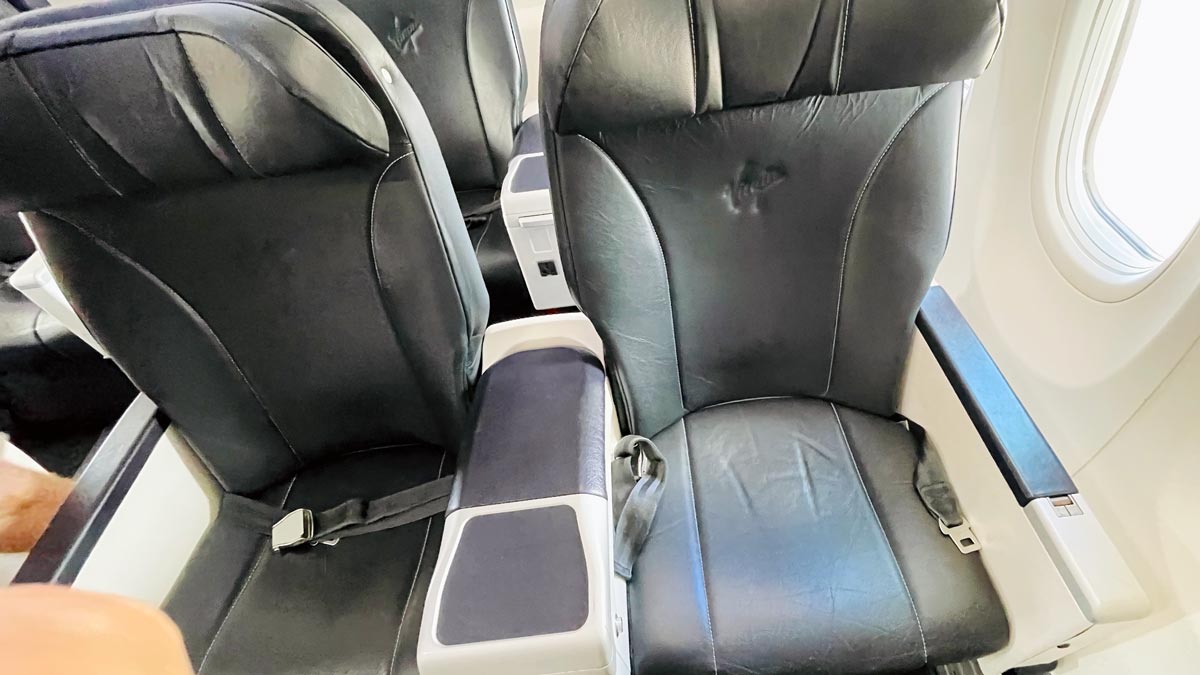
The mid-market is here to stay
Virgin’s post-administration reboot focused on simplification, and that includes the in-flight experience. Free meals in economy are gone, replaced by the buy-on-board option. Seat-back screens have mostly disappeared, and the old full-service frills aren’t coming back any time soon.
However, Virgin’s service DNA – a friendly crew, decent seating, and solid business class – remains intact. The IPO doesn’t change that. In fact, public scrutiny might encourage further investment in lounges, onboard Wi-Fi, and refreshed cabins, especially as new 737 MAX aircraft join the fleet.
Travellers can expect a steady evolution, not a dramatic shift. You won’t get silver service, but you won’t feel like cattle class either. It’s a sweet spot Virgin seems determined to protect.
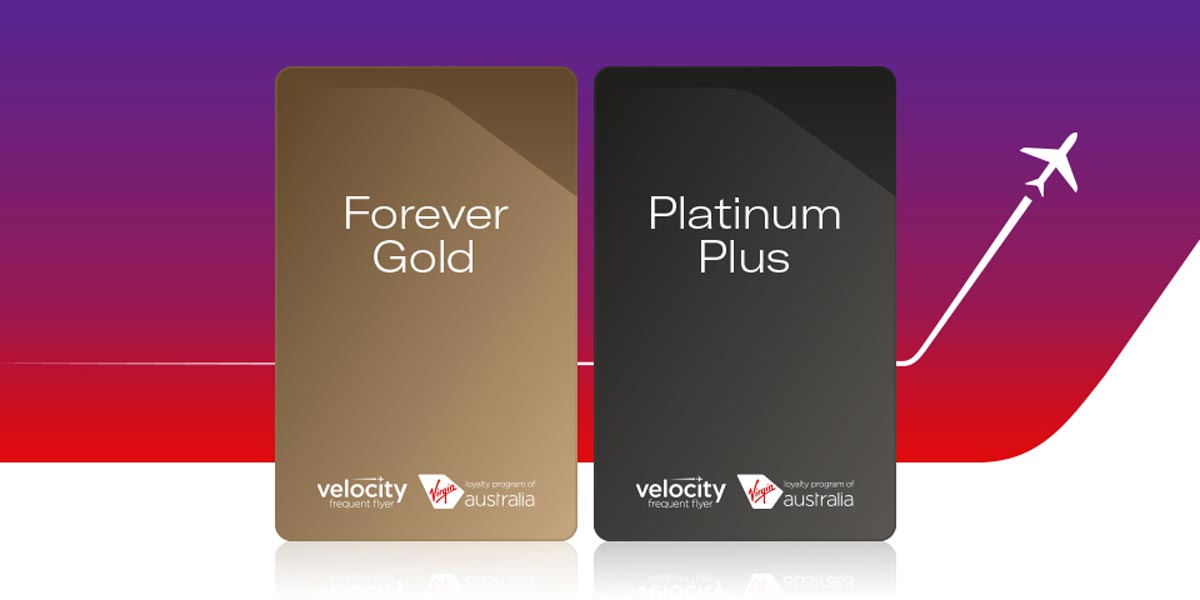
Velocity stable
With over 13 million members, the Velocity Frequent Flyer program is a golden goose – and Virgin knows it. Loyalty will remain a key pillar of the airline’s profitability and growth.
Velocity has already seen some changes in 2025: new elite tiers (like Platinum Plus and Lifetime Gold), a long-awaited refresh, and the first reward seat devaluation in eight years. The messaging? We’re modernising – and monetising – the program.
Still, Velocity remains one of the more competitive loyalty programs in the region. It boasts strong airline partnerships, solid earning opportunities, and frequent promotions. If Virgin plays it right, Velocity could grow into a genuine rival to Qantas Frequent Flyer.
But, be warned: with more scrutiny from investors, further point-value tweaks and redemption changes are likely. Enjoy the value while it lasts – and keep an eye on your balance.
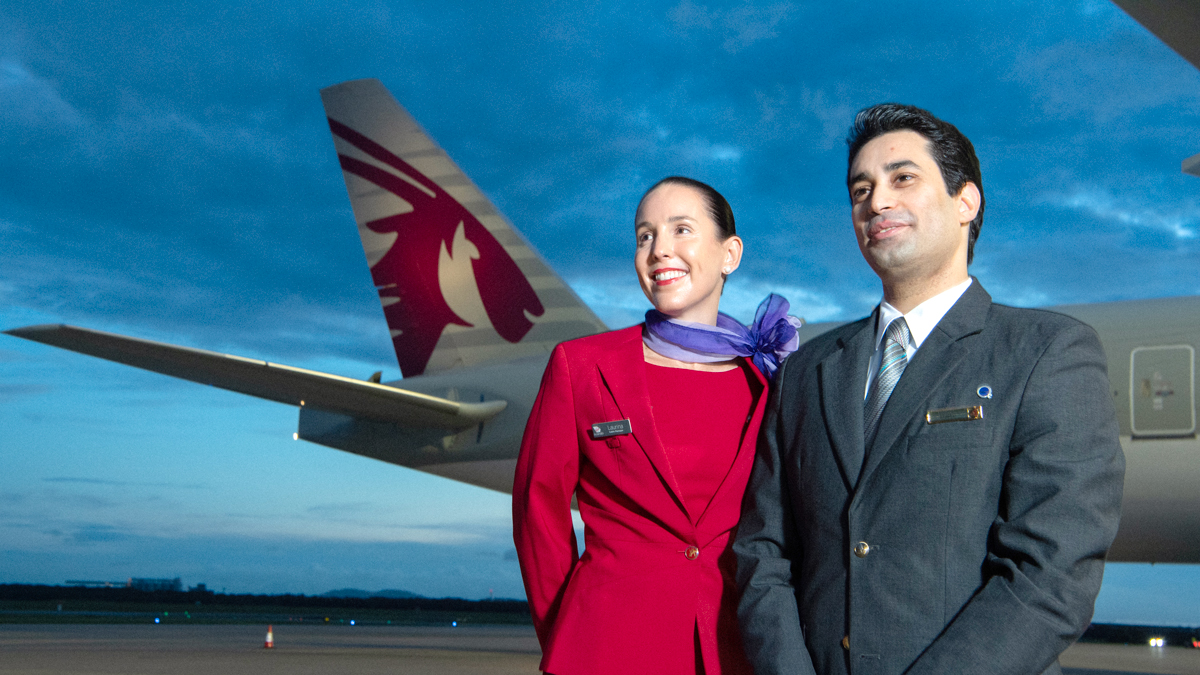
Possible turbulence ahead
As with any publicly listed company, there are risks. Virgin now faces quarterly reporting pressure, and that could lead to decisions made for short-term gain rather than long-term passenger satisfaction.
We could see cost-cutting creep back in, especially if earnings come under pressure. That might mean fewer regional routes, slower investment in product upgrades, or cutbacks in lounge catering and in-flight inclusions.
There’s also the broader risk of industry volatility, which comes with the aviation territory. Fuel prices, economic downturns, or another disruptive competitor could throw Virgin off course. The last thing passengers want is a return to the boom-and-bust cycles of the past.
And for Velocity members, there’s always the chance of further program ‘enhancements’ that always deliver far less value. Public companies view loyalty programs as a revenue stream, not as their members perceive them, as a customer perk.
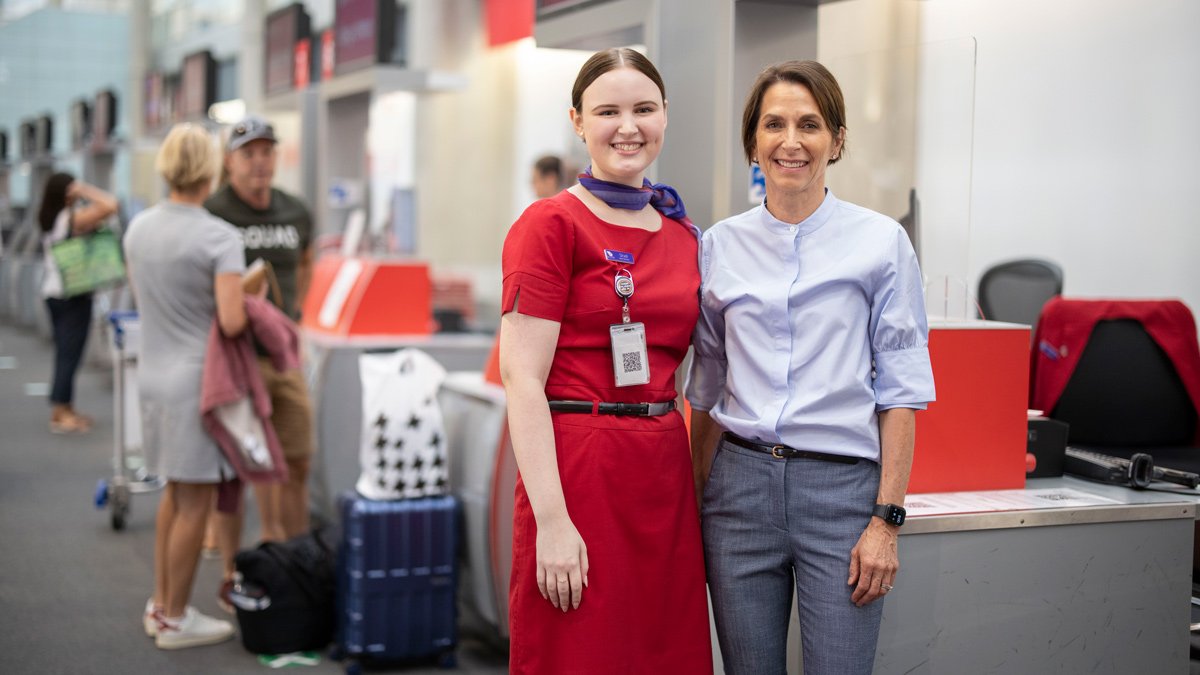
2PAXfly Takeout
Virgin’s return to the stock exchange isn’t a sudden sea change, but it is a turning point. A leaner, smarter, and more focused Virgin Australia has re-emerged – and that’s largely good news for consumers.
A stable, publicly accountable Virgin, barring an ill-conceived capacity war, can push Qantas on price and service, reward loyal travellers through Velocity, and offer a reliable alternative across Australia’s skies.
For passengers, the best-case scenario is a competitive Virgin that keeps service snappy and prices reasonable. The worst? Another slow slide into cost-cutting and complexity.
The airline’s challenge now is to grow without repeating the mistakes of the past.

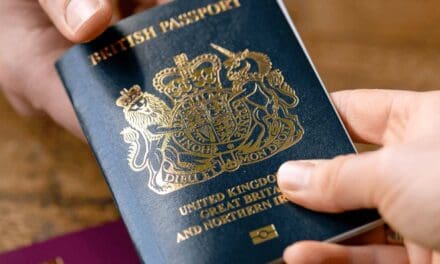
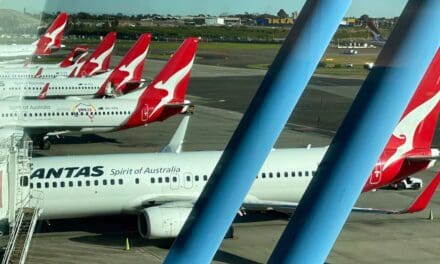
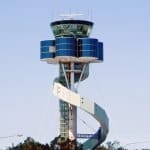







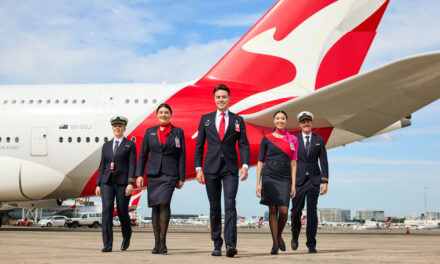
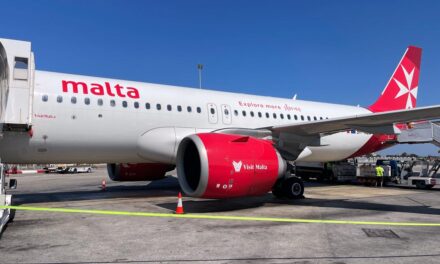

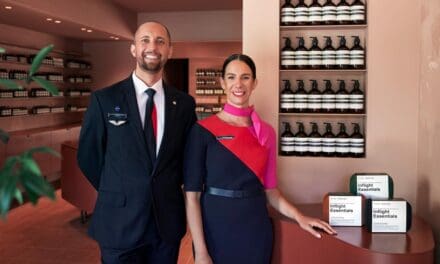



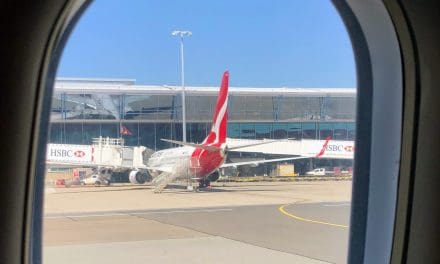


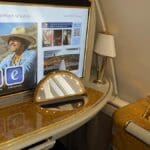







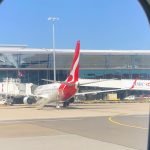
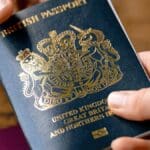
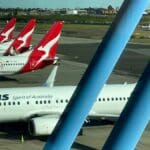

What did you say?